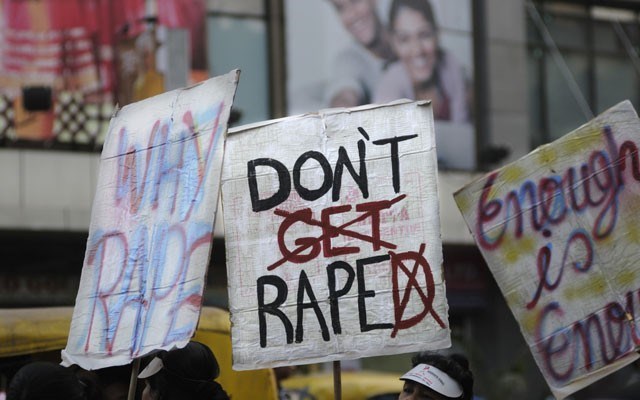Over the course of reporting a recent feature on drink spiking for Pique ("Invisible violations," Feb. 2, 2017), I was disheartened by how common the problem appears to be in Whistler. More than a dozen people — primarily women — came forward to share their stories. For some, it wasn't the first time they had been drugged.
As someone who covers crime in this community, it's a trend that wasn't altogether surprising to me. It's the sad and unfortunate reality of a transient town notorious for its raucous nightlife. What did surprise me was the number of people — primarily men — who contacted me for the sole purpose of discrediting the very victims of drink-spiking this story was meant to give voice to.
I won't go into their comments here, but suffice it to say they generally reflected an inability or unwillingness to empathize more so than any deep-seated hatred towards women, the kind that tends to flourish in the not-so-far corners of the Internet. Instead of listening to what women — who make up over 80 per cent of sex-assault victims — had to say on the matter, these guys strong-armed the conversation to make it about them and their misguided views on sexual violence.
It reminded me of the tone-deaf hashtag that made its way around the web following the killing of six people by a young Santa Barbara man in May 2014. In a disturbing video posted to YouTube the day of the attacks, the 22-year-old killer revealed his twisted motive: retribution against all the women who had the audacity to reject him, and all the "attractive" men out there who figured out how to live the life he so desperately wanted. The fact that so many on Twitter felt it necessary to point out that #NotAllMen are misogynist murderers is all the proof you need that rape culture is alive and well.
It points to a communication gap between the genders that has only seemed to widen in our current troubling times: women speak up about the misogyny so casually flung in their faces on a daily basis; about what it's like to have to look over their shoulders every time they leave the house; about confronting the sexist attitudes built into a system that wasn't designed by them or for them; and inevitably, men go on the defensive. But I'm one of the good ones!, they shout, oblivious to the notion that maybe, just maybe, the good guys aren't the ones we need to be worrying about, and they're certainly not the ones we need mansplaining an experience they'll never live, much less understand.
It's an attitude that persists everywhere, Whistler included. As much as we like to think of our town as a haven of progressivism, where the cultures of the world come to comingle on a bluebird day, the reality is far less rosy. We remain heavily influenced by a sporting culture that emphasizes machoism over vulnerability. We remain a town that gives more grant funding to its youth soccer club than its women's centre. We remain a town that forces victims of sexual violence to drive to Squamish and beyond to access a rape kit. We remain the vacation hotspot that promotes wholesome family fun on one hand, while pouring a generous shot of whiskey with the other. And we remain beholden to the shiny PR image of our corporate-dominated resort that means we aren't supposed to talk about the thornier issues we face lest we scare away the tourists.
As a colleague recently put it: "For a long time there's been an underlying sentiment in Whistler that, if you want to live in the bubble, you shouldn't rock the boat or reveal the barnacles."
I don't profess to have any grand ideas on how to solve generations of entrenched rape culture, but I do know we can start in Whistler by ensuring every single person who comes to our resort feels not only safe, but heard.




